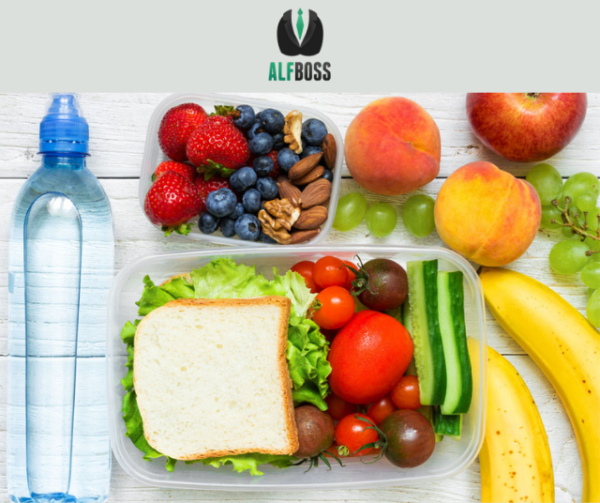
As many administrators of ALFs are aware, the culinary program can be the bane of your existence. Food quality or the lack thereof is one of the most common complaints from residents and families. The dietary program is a difficult arena because you are balancing so many different things. There is the health code for restaurants, resident’s personal food preferences, and the operational aspect of providing those meals. While the facility may not be considered a ‘4-star Michelin restaurant’ you can rest assured following the following regulations, provided by the Maine DLRS, will keep you in the clear for any potential issues with state surveyors:
Dietary Services
13.1 Food Safety. An Assisted Living Program site with a community kitchen must have a valid license from the Department of Health and Human Services, Division of Health Engineering. Meals prepared off-site must be prepared by an appropriately licensed provider.
13.2 Consumer participation in meal planning. Consumers shall be encouraged to participate in food planning.
13.3 Meals. Food shall be served at the proper temperatures.
13.4 Registered dietitian. A registered dietitian shall be required to sign off annually on menus and menu cycles.
13.5 Planned menus. Menus shall be planned in accordance with consumers’ needs and preferences.
13.6 Therapeutic diets. Therapeutic diets are considered treatments and shall be ordered, in writing, by a duly authorized licensed practitioner. Menus for medically prescribed therapeutic diets shall be planned, in writing, and approved by a registered dietitian.
13.7 Food supplies. For Assisted Living Programs that prepare meals on-site, supplies of perishable foods for a forty-eight (48) hour period, and supplies of non-perishable foods for a three (3) day period shall be on hand to meet the requirements of the planned menus.
Main Takeaways:
1. Ensure your dietary team is well versed in sanitation, cross-contamination, and general food handling procedures. Rest assured they will be quizzed by the survey team or the department of health.
2. Ensure you have the appropriate amount of perishable food on-site at any given time.
3. Ask your residents what they would like to see on the menu. This will drastically improve the
satisfaction of your foodservice program if residents are giving input into their food choices.